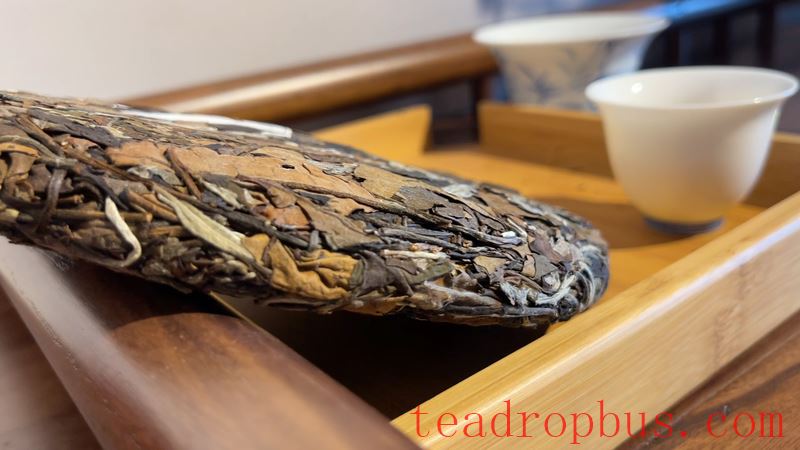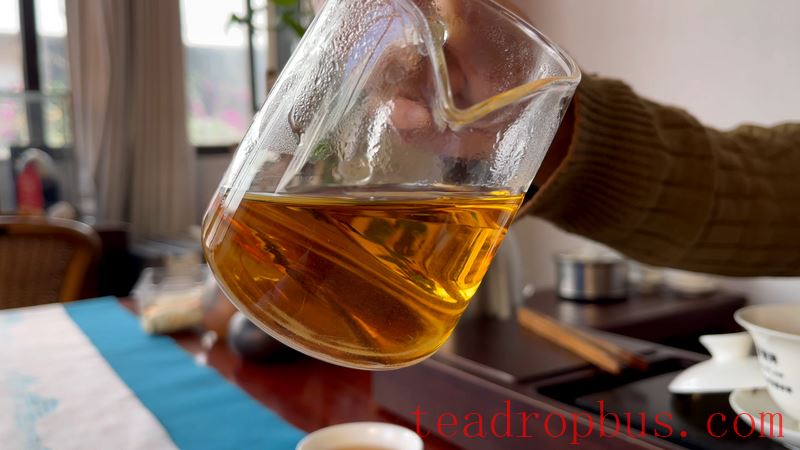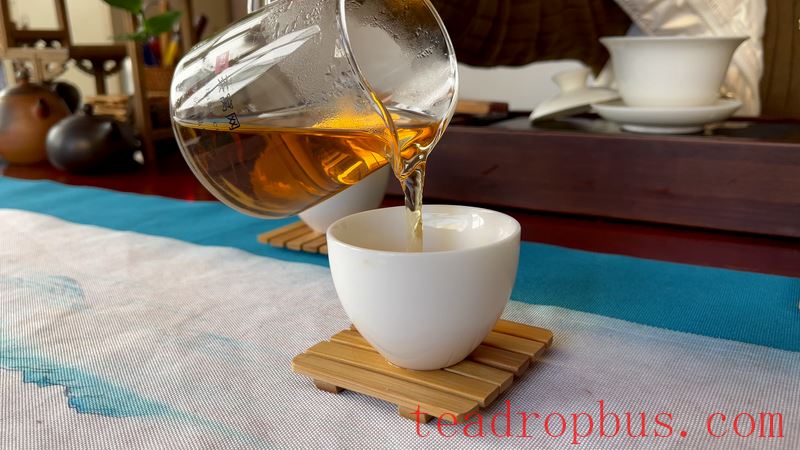Aged White Tea is a type of tea that has been aged over time, and its unique taste and rich flavor are much loved by tea enthusiasts. However, some people experience symptoms of heatiness after drinking aged white tea, which can be confusing. So, why does drinking aged white tea tend to cause heatiness?

Why Drinking Aged White Tea Can Cause Heatiness
Firstly, we need to understand what heatiness is. According to Traditional Chinese medicine (TCM), heatiness occurs due to an imbalance between yin and yang in the body, leading to excessive internal heat, which manifests as symptoms such as thirst, mouth ulcers, and constipation. Aged white tea, being a type of aged tea, possesses good medicinal value but also contains abundant amounts of substances like polyphenols and Caffeine. These substances may lead to symptoms of heatiness when consumed in excess.
Secondly, while the aging process enhances the quality of the tea, it also causes changes in some organic compounds within the leaves. Polyphenols, one of the main components in aged white tea, have strong antioxidant properties but may also irritate the oral mucosa, causing mouth ulcers and other symptoms of heatiness. Additionally, aged white tea contains certain levels of caffeine, and excessive intake of caffeine can also result in excessive internal heat, leading to symptoms of heatiness.
Lastly, individual differences can also be a reason why some people experience heatiness after drinking aged white tea. Some individuals may have more sensitive constitutions and lower tolerance to substances like polyphenols and caffeine, making them more prone to developing symptoms of heatiness.

Five Benefits of Drinking Aged White Tea
1. Antibacterial and Antiviral Properties
Tests conducted at Pace University suggest that extracts from white tea may possess preventive functions that help slow down the growth of bacteria that could lead to staph infections, streptococcal infections, pneumonia, and tooth decay. It was further observed that white tea exhibits antiviral effects against human pathogenic viruses, performing better than Green Tea in deactivating bacterial viruses.
2. Effective Against Skin Sagging
One significant benefit of white tea for good skin is its content of elastin, which helps repair body tissues and prevents unnecessary skin sagging. Elastin also aids in faster tissue repair, which can lead to quicker healing of wounds compared to not drinking white tea.
3. Stimulating, Diuretic, and Detoxifying Effects
The primary alkaloid component in white tea is caffeine, which accounts for approximately 3-5% of its composition, along with small quantities of theobromine and theophylline. These substances impart a bitter and stimulating taste, contributing to the unique flavor of the tea. White tea contains higher levels of caffeine compared to black and green teas. Caffeine has stimulating, diuretic, detoxifying, and vasodilating effects. Drinking white tea during summer can help alleviate heat and detoxify the body.

4. Improves Oral Health
Compounds like polyphenols in white tea can help reduce plaque formation by inhibiting bacterial growth. White tea also contains 34% fluoride content, effectively preventing tooth decay.
5. Eye Health
White tea is rich in vitamin A precursors, which the body converts into vitamin A. This can prevent night blindness and dry eye, promoting eye health. It is particularly beneficial for those who spend long hours working on computers or teenagers looking to protect their vision. Bai Mudan tea is humorously referred to as the dancer of white teas, the darling of white teas, and the woman's tea.